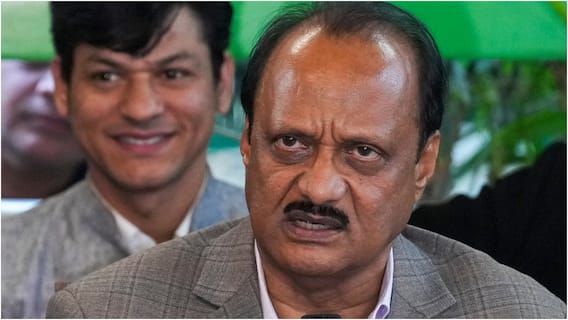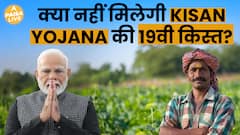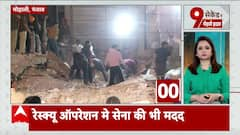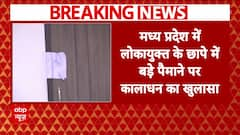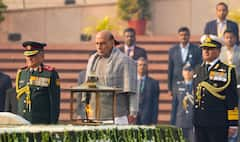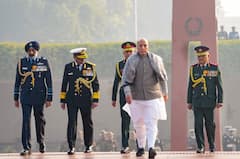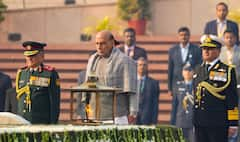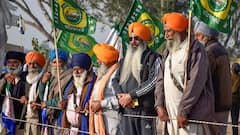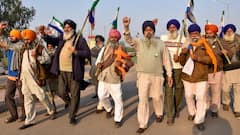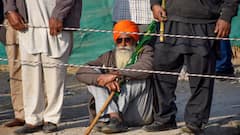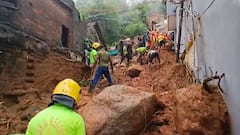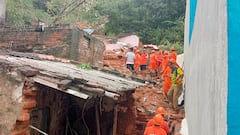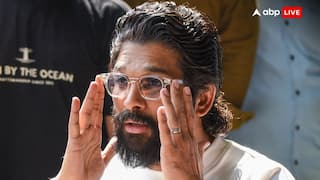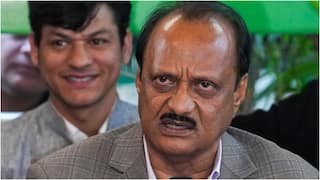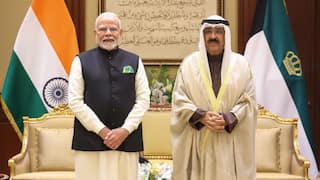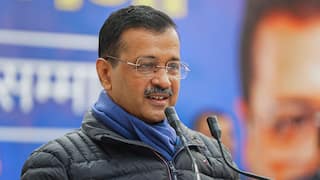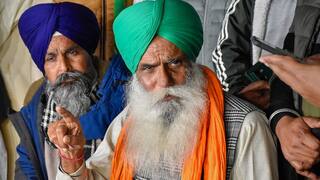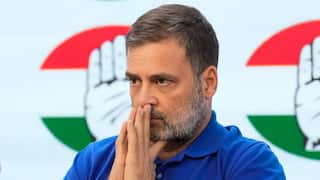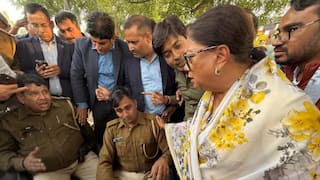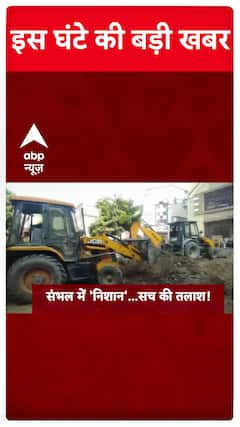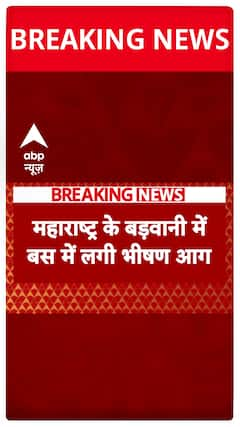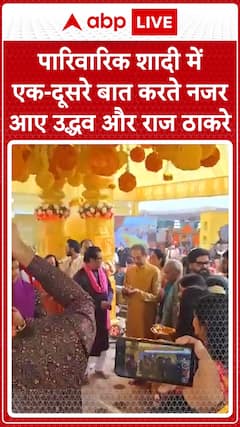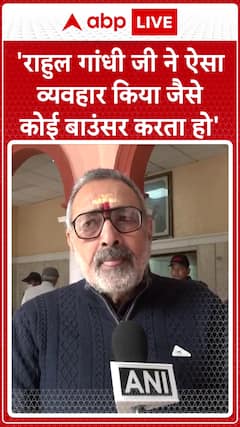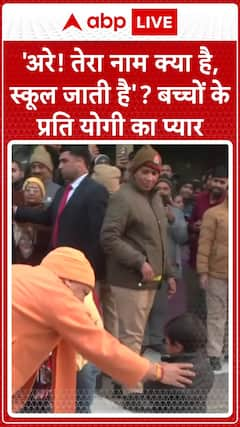Same-Sex Marriage: Delhi High Court To Hear Plea Today, Centre Opposes Live Streaming Of Proceedings
The Centre, in its affidavit, said the applicants were attempting to create a dramatic impression of the proceedings before the court and to win sympathy.

New Delhi: A plea by LGBTQ couples seeking live streaming of proceedings in the Delhi High Court on a batch of petitions to recognise same-sex marriage under various laws has been opposed by the Centre, saying the matter is not of national importance.
The Centre, in its affidavit, said the applicants were attempting to create a dramatic impression of the proceedings before the court and to win sympathy.
Dispensation of justice does not have any bearing on the number of persons who watch the court proceedings or subscribe to the YouTube channel streaming such proceedings, it said.
"The court does not opt for or seek public appreciation while dealing with matters involving questions of law and facts. The social reach of live streaming cannot be a part of the dispensation of justice.
"Comparing India with live streaming of court proceedings in countries like the USA, the UK, Australia, Brazil, China and South Africa is misplaced, so also, the International Court of Justice," the affidavit stated.
The matter is likely to come up for hearing on Tuesday before a bench of Acting Chief Justice Vipin Sanghi and Justice Navin Chawla.
The court was hearing a batch of petitions filed by several same-sex couples seeking a declaration recognising their marriages under the Special Marriage Act, the Hindu Marriage Act and the Foreign Marriage Act.
A total of eight petitions have been filed in the high court on the issue.
The application for live streaming of proceedings was filed in the pending petition of Abhijit Iyer Mitra by Akhilesh Godi, Prasad Raj Dandekar and Shripad Ranade, residents of Karnataka and Mumbai.
It sought direction to the high court registry to make arrangements to live stream the final arguments of this case via YouTube or any other platform.
The Centre opposed the application and sought its dismissal saying live streaming can be allowed only after the framing of a comprehensive framework by way of rules, including for the protection of data.
"The instant matter is not a fit case where live streaming of the proceeding is desirable as it affects the cause of administration of justice. Before allowing live streaming of proceeding appropriate regulatory framework needs to be put in place," the affidavit said.
It said the purpose of the applicants appears to be mala fide as they were trying to get unnecessary publicity and to invite unwanted public attention and every matter that comes before the court is important and for every matter, live streaming may not be feasible and possible.
The affidavit added that granting permission for live streaming in this matter will not serve any purpose and it needs to be agitated by the party on merits and the court to decide on the basis of law and facts and not soliciting or evoking public attention.
It claimed the applicant was attempting to create unnecessary hype on the matter being considered by this court.
The affidavit said the Supreme Court has categorically observed that live streaming is feasible in matters of national importance.
"In the present matter, neither violation of any fundamental right is involved nor is it in any way one of national importance," it said. It further said the "majority of the Indian population is not very much affected by the present matter and the proceedings thereof".
The high court had earlier asked the Centre to respond to the live streaming application which stated that the matter was of great national and constitutional importance.
The counsel for the applicants had earlier said the Supreme Court, the Attorney General for India and the Bar have been in favour of live streaming of proceedings which are in the national interest and these petitions fall in this category.
The application had given examples of the High Courts of Gujarat, Odisha and Karnataka which have taken a lead and formulated rules for live streaming of proceedings.
Mitra and three others have contended that marriages between same-sex couples are not possible despite the apex court decriminalising consensual homosexual acts and sought a declaration to recognise such marriages under the Hindu Marriage Act and Special Marriage Act.
Another plea was filed by two women seeking to get married under the Special Marriage Act and challenging provisions of the statute to the extent it does not provide for same-sex marriages.
The other was filed by two men who got married in the US but were denied registration of their marriage under the Foreign Marriage Act.
Yet another petition seeks to allow a foreign-origin spouse of an Overseas Citizen of India cardholder to apply for OCI registration regardless of gender or sexual orientation.
Also, two lesbians who have already solemnised their "marriage" at Varanasi in February 2018 have filed a plea seeking recognition of the marriage.
A petition was also filed by a transgender person who has undergone a sex reassignment surgery and entered into a civil union with her husband in South Africa and seeks recognition of the marriage.
The Central government has opposed same-sex marriage on the ground that marriage in India is not just a union of two individuals but an institution between a biological man and woman.
It has also said that judicial interference will cause "complete havoc with the delicate balance of personal laws".
Trending News
Top Headlines







